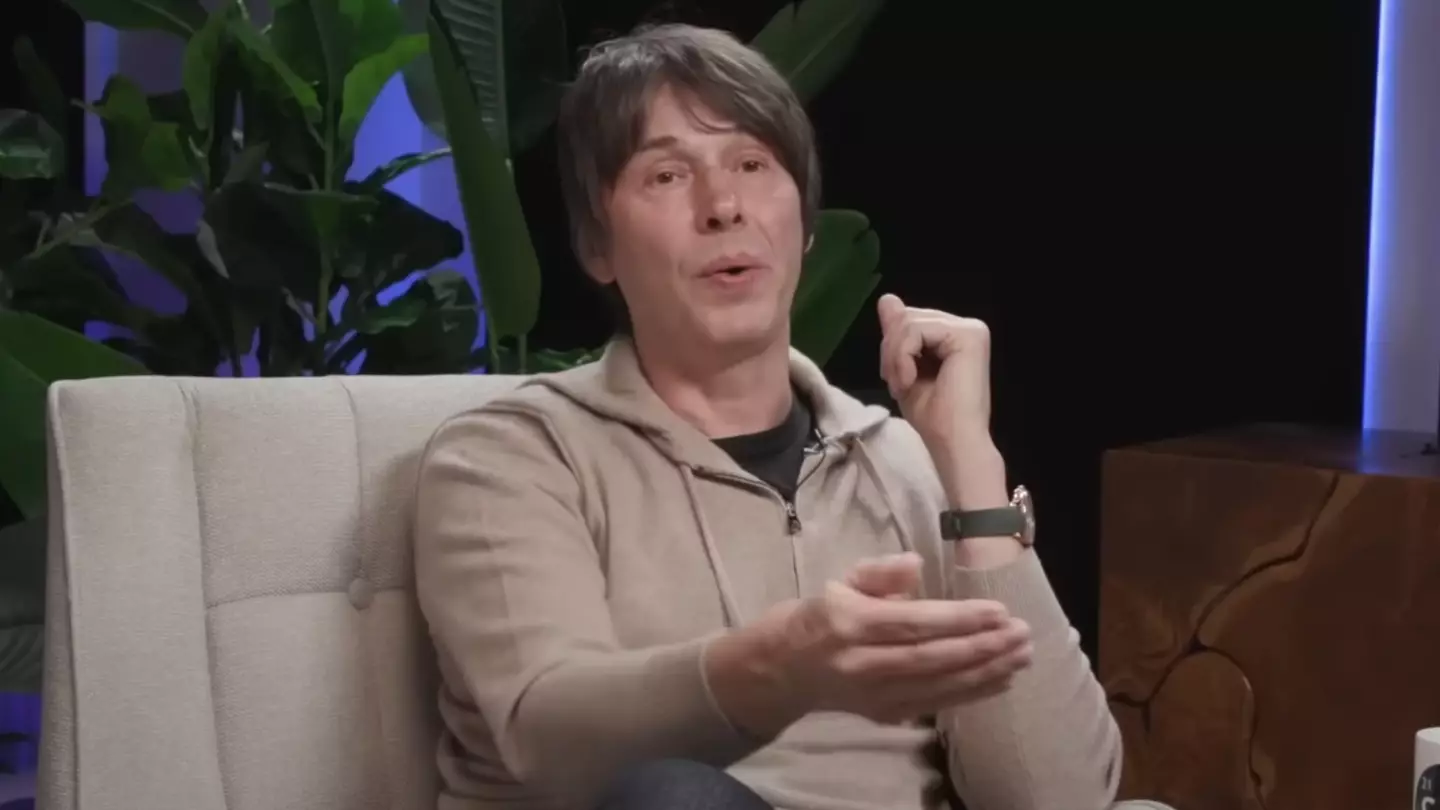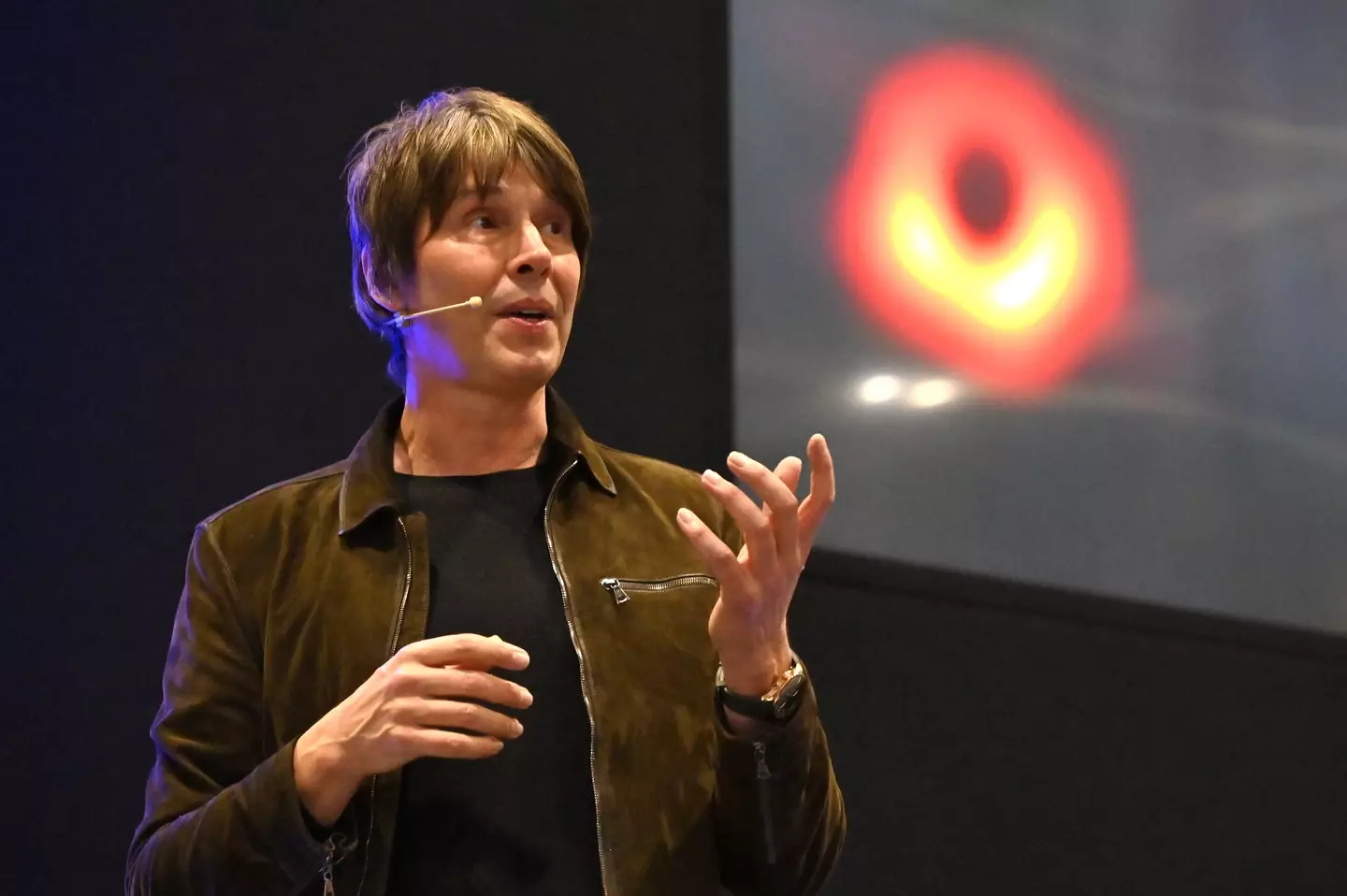
He's one of the most recognisable names and faces if you were asked 'name a British scientist'. And that's exactly why we've gone to Brian Cox on the matter of aliens.
And in particular, explaining why - despite the absolutely huge nature of the universe - we are still set to find them. And not just the hypothetical little green men themselves, but even evidence of past civilisations across space that might have died out.
Cox sat down to speak about the issue; one he regularly discusses as his role as a professor of particle physics in the School of Physics and Astronomy at the University of Manchester.
A former keyboardist in pop ban D:Ream, Cox moved away from music and in the last two decades has established himself as one of the most approachable names in science when it comes to explaining complicated subjects in Layman's terms.
Advert
Fermi Paradox
Where are all the aliens? It's a question that goes back to Enrico Fermi, an Italian-American physicist who was a member of the Manhattan Project which you will likely know a thing or two about if you've sat down and watched Oppenheimer in recent years.
He created the concept of the Fermi Paradox, and Cox explained it in simple terms while sitting down with Science Time on YouTube.
"It's the question of 'where are they?'. You base that on the observation that, let's say, there are somewhere between 200 and 400 billion suns in the Milky Way. We think a lot of them have planets, many of them have potential Earth-like planets.
"So you have 13 billion years of time, you have hundreds of billions of suns, probably trillions of planets. And so it is a reasonable question to ask why has a civilisation not arisen ahead of us?
"Why has no civilisation escaped its home and essentially written its existence across the sky? Why don't we see anybody?"

Von Neumann machine
Now, this is a bit more technical. But there is the argument - called Von Neumann machines - that evidence of advanced lifeforms exist in the universe in the form of self-replicating robots that continuously create each other. The concept was created by scientist John von Neumann.
But as Cox says, there is one theory that humanity simply isn't advanced enough to understand what that looks like when we observe out data of the universe.
Linking it back to the Fermi Paradox, Cox poses the theory: "Maybe they're tiny maybe they're so advanced that they're in the solar system and we don't recognise them.
"We've looked a bit all our observations in the history of astronomy, and of all the observations we've made we have never seen evidence of anyone else. And it is a paradox because there's been so much time and so many planets. It would seem as if somebody should have done something that we could see and they haven't as far as we can see."

The Great Filter
This is a theory dating back to the 1990s and put together by Robin Hanson. Generally speaking, the Great Filter states that intelligent lifeforms have to go through a number of important steps before they can even make themselves known to other civilisations out there in the universe.
"The premise of the Great Filter is that there’s at least one hurdle that is so high virtually no species can clear it and move on to the next," Astroomy.com writes.
"But while the term the Great Filter suggests the conscious action of some sort of exogenous entity, in reality, the hypothesis is more a way of thinking about the relative likelihood of certain events happening — or not happening — in their own natural course."
In other words, as Hanson put it, you have to take on a number of advancements within your civilisation to even process the idea of becoming advanced enough to go into space and detect, or be seen, by other life out there.
As well as the incredibly rare chance of single cell organisms dividing and becoming advanced lifeforms that can reproduce, the technology needs to be there for space colonisation - a point scientists say we are now at today.
But as Cox says, this point can come with the concept of self-destruction as you focus on the universe at the expense of your ability to live on planet, abusing natural resources and eco-systems through technology advancement.
"It's now that you get this capability to affect your planet or destroy yourselves through war or whatever it is that that's a filter and we're we're approaching it - and it could be we don't pass through it and that would also be a solution to the Fermi Paradox," he said.
Basically, advanced civilisations push their capabilities to the limit and destroy themselves through war, weapons, or ecological means. Now isn't that a happy thought.
Topics: Aliens, Brian Cox, Science, Space, Technology, Viral, Weird, YouTube